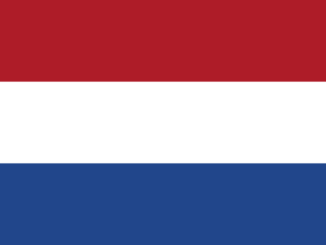 (Pew) For most of its first half-century, the European Union consisted almost entirely of countries from Western Europe, such as France, Italy and Belgium. That changed in 2004, when the EU expanded to include some former Soviet bloc countries in Central and Eastern Europe, including Hungary, Poland and Estonia.
(Pew) For most of its first half-century, the European Union consisted almost entirely of countries from Western Europe, such as France, Italy and Belgium. That changed in 2004, when the EU expanded to include some former Soviet bloc countries in Central and Eastern Europe, including Hungary, Poland and Estonia.
While the EU has integrated its new member states into its governing structures, there are some significant differences in public attitudes between its Western European countries and its Central and Eastern European countries, according to a new analysis of Pew Research Center surveys conducted between 2015 and 2017.
Specifically, adults in the EU’s Central and Eastern European states tend to be less likely than those in the EU countries of Western Europe to say they would welcome Muslims or Jews into their families or neighborhoods, and they are less likely to favor same-sex marriage.



